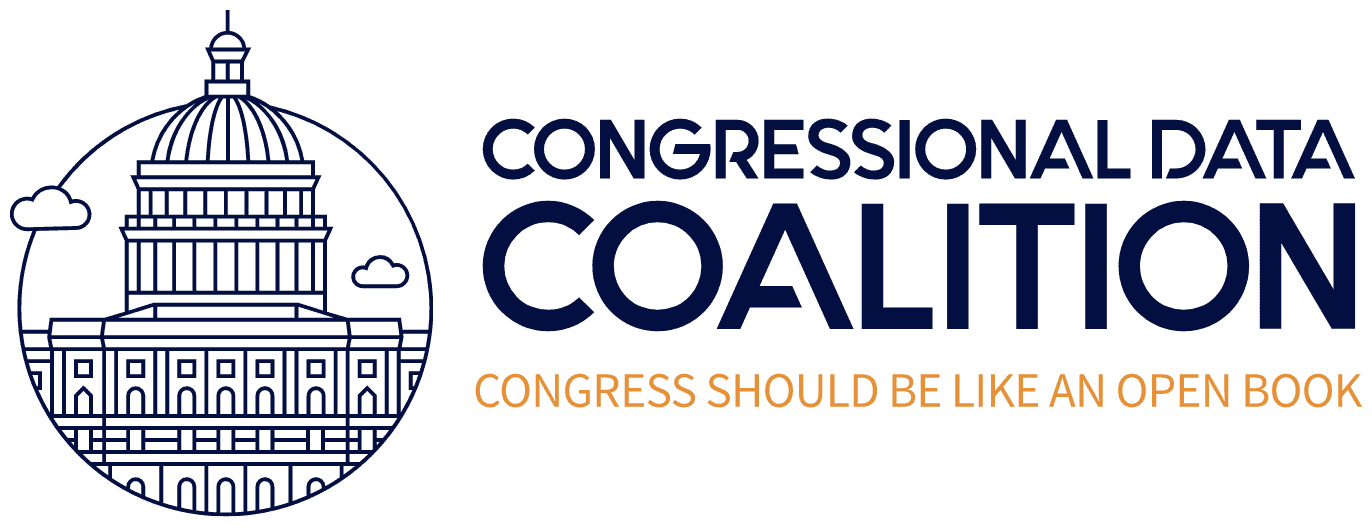At a meeting in April, the Government Publishing Office announced its collaboration with the Library of Congress to digitize all bound volumes of the Congressional Record from 1873-1998. The Congressional Record is the official record of the proceedings and debates of the United States Congress.
The digitization project is pursuant to a 2010 Joint Committee on Printing letter. GPO explained at the April meeting that it had digitized all of the volumes and the “[Library Services and Content Management business unit] was in the acquisitions process for the next step of reviewing the digital content and creating descriptive metadata.”
GPO and the Library should release the digitized volumes now. Even without metadata, the Congressional Record could be searched and put to other uses. Other digitization projects concerning documents held by the Library have taken years while descriptive metadata was created. By contrast, a volunteer-led effort to create descriptive metadata for the Statutes of Large took a matter of months and cost the government nothing.
The National Archives has undertaken similar kinds of projects to what I am proposing. The Archive’s Innovation Hub provides a space for the public to transcribe documents, tag documents, and scan documents and holdings. More information is available at the Citizen Archivist Dashboard.
It is possible the Library/GPO could view this as violating a rule against the public giving gifts to the agency. However, so long as the information is shared publicly with everyone—which is the point of metadata—it would not be a gift to anyone. Similar logic likely underpins the House’s recent decision on the use of Open Source, the White House’s Open Data policy, and the Archive’s collaborative efforts with the public.
I am sure there are benefits to an internal, government-only process … but why hold up public access? We can do both. A collaborative effort around metadata would provide an opportunity for GPO and the Library to engage with the public and to work to make important public documents publicly available. At a minimum, releasing the documents to the public would allow the everyone to collaborate on this effort outside of any limitations on the Library or GPO, perhaps to the immense public benefit of everyone.
